Filter by
SubjectRequired
LanguageRequired
The language used throughout the course, in both instruction and assessments.
Learning ProductRequired
LevelRequired
DurationRequired
SkillsRequired
SubtitlesRequired
EducatorRequired
Explore the Computer Hardware Course Catalog
 Status: Free Trial
Status: Free TrialSkills you'll gain: Peripheral Devices, Computer Hardware, System Configuration, Virtualization and Virtual Machines, Computer Systems, Virtual Machines, Operating Systems, USB, Hardware Troubleshooting, Computing Platforms, Linux, Software Installation, Technical Support, Mac OS, Computer Architecture, File Systems, Network Infrastructure, Data Storage, User Accounts, Disaster Recovery
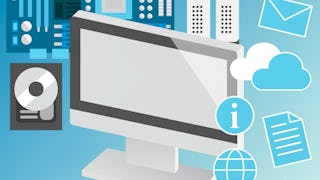 Status: Free Trial
Status: Free TrialUniversity of California, Irvine
Skills you'll gain: Network Security, Computer Hardware, Hardware Architecture, Computer Systems, TCP/IP, Information Technology, General Networking, Computer Literacy, Network Protocols, Operating Systems, System Configuration, Software Installation, Computer Networking, File Systems
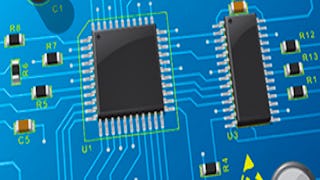 Status: Free
Status: FreePrinceton University
Skills you'll gain: Microarchitecture, Computer Architecture, Hardware Architecture, Computer Systems, Computer Engineering, Systems Architecture, Operating Systems, Performance Tuning, Scalability
 Status: Free Trial
Status: Free TrialMicrosoft
Skills you'll gain: Business Software, Computer Hardware, Generative AI, Operating Systems, Data Storage Technologies, Computer Systems, Data Maintenance, Enterprise Security, System Software, Information Technology, Computer Architecture, Data Storage, System Configuration, Technical Support and Services, Microsoft Windows, Servers, Cybersecurity
 Status: Free Trial
Status: Free TrialSkills you'll gain: Computer Hardware, Technical Support, Software Installation, Technical Documentation, Hardware Troubleshooting, Customer Support, Computer Networking, System Software, Technical Communication, Computer Literacy, Linux, Microsoft Windows
 Status: Free Trial
Status: Free TrialSkills you'll gain: Peripheral Devices, USB, Operating Systems, Computer Hardware, Data Storage Technologies, Hardware Troubleshooting, System Configuration, Electrical Safety, Technical Communication, Linux, File Systems, Information Technology, Microsoft Windows
What brings you to Coursera today?
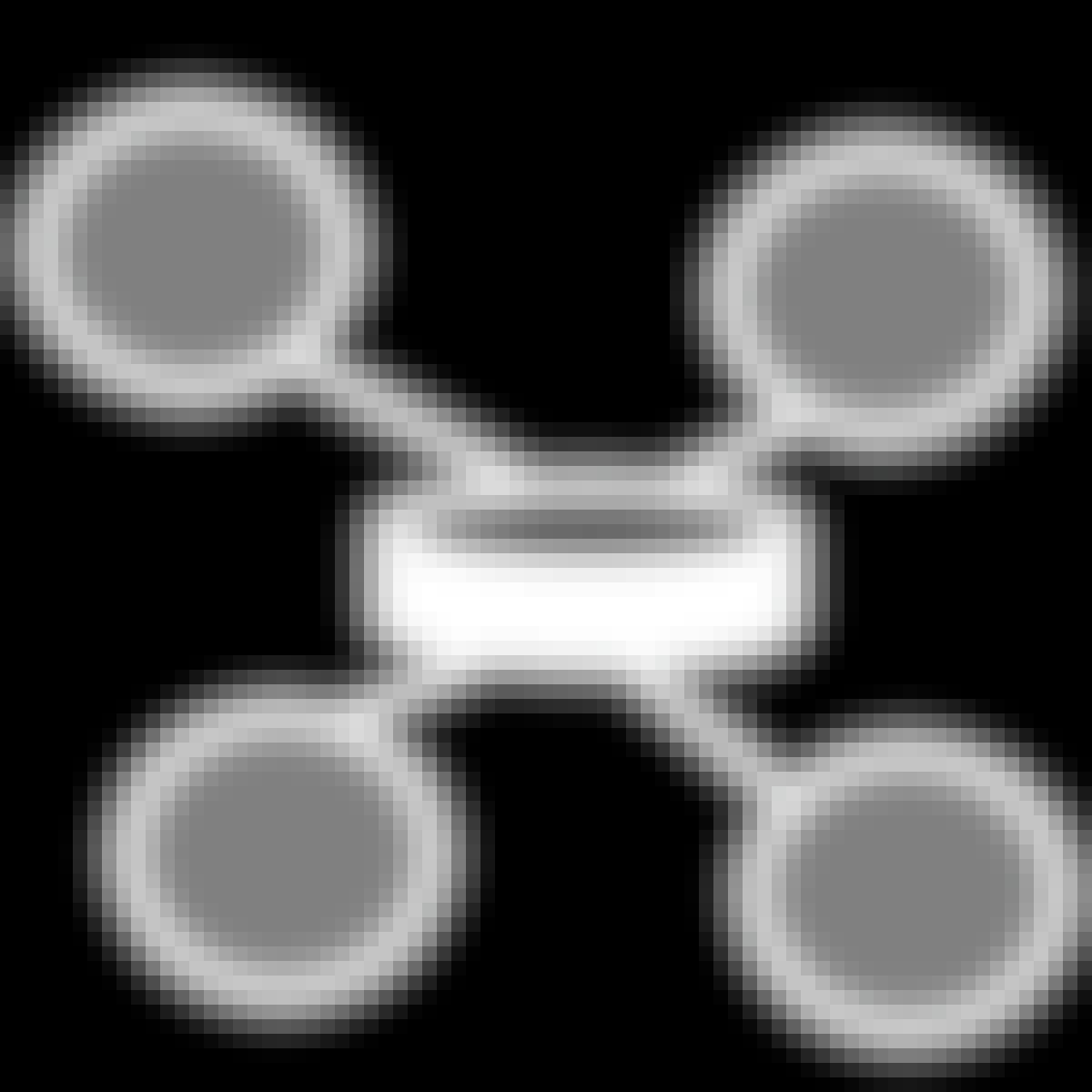 Status: Free Trial
Status: Free TrialUniversity of Colorado System
Skills you'll gain: Windows Servers, Computer Security, Linux Administration, Contingency Planning, Disaster Recovery, Authorization (Computing), Linux, Linux Servers, Microsoft Windows, Authentications, Business Continuity Planning, Enterprise Application Management, OSI Models, User Accounts, Group Policy, Security Management, Operating System Administration, Systems Administration, Virtualization, Cybersecurity
 Status: Free Trial
Status: Free TrialSkills you'll gain: Embedded Systems, Embedded Software, Electronic Systems, Computer Systems, Internet Of Things, Automation, System Programming, Control Systems, C (Programming Language), Programmable Logic Controllers, Hardware Architecture, Power Electronics, Peripheral Devices, Wireless Networks, Medical Devices, Electrical Systems, Computer Architecture, Health Technology, Electronics, Maintenance, Repair, and Facility Services
 Status: Free Trial
Status: Free TrialUniversity of Colorado System
Skills you'll gain: Cryptography, Public Key Infrastructure, Cybersecurity, Data Security, Firewall, Cyber Attacks, Data Encryption Standard, Penetration Testing, Network Security, Information Assurance, Encryption, Risk Management Framework, Advanced Encryption Standard (AES), Intrusion Detection and Prevention, Application Security, Vulnerability Scanning, Information Systems Security, Secure Coding, Security Controls, Exploitation techniques
 Status: Preview
Status: PreviewSkills you'll gain: Computer Hardware, Hardware Architecture, Data Storage Technologies, System Configuration, Microarchitecture, Computer Architecture, Software Installation, Peripheral Devices
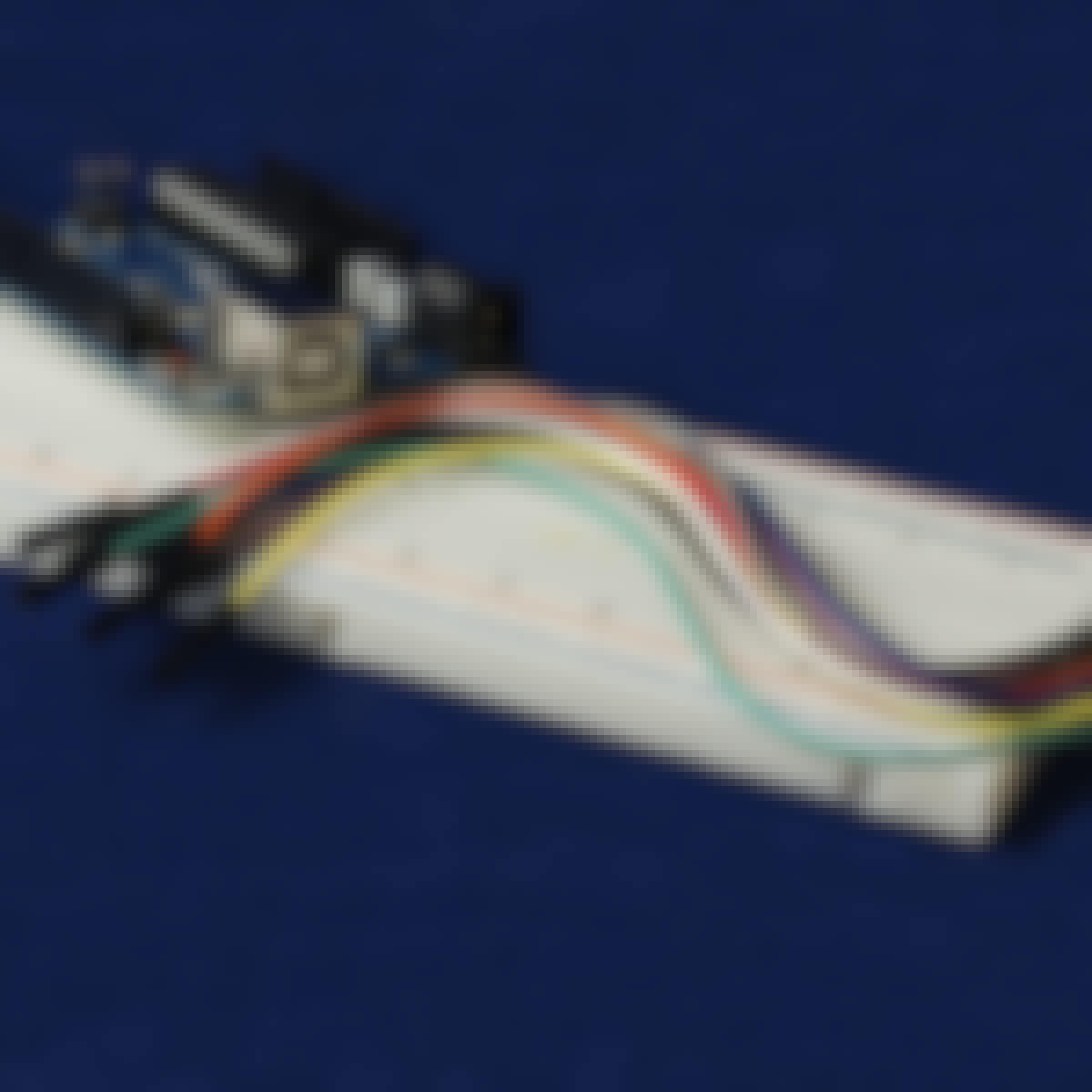 Status: Free Trial
Status: Free TrialUniversity of California, Irvine
Skills you'll gain: Embedded Software, Embedded Systems, Debugging, C (Programming Language), Integrated Development Environments, Electronic Components, Development Environment, Computer Hardware, Computer Programming, Electronics Engineering, Digital Communications
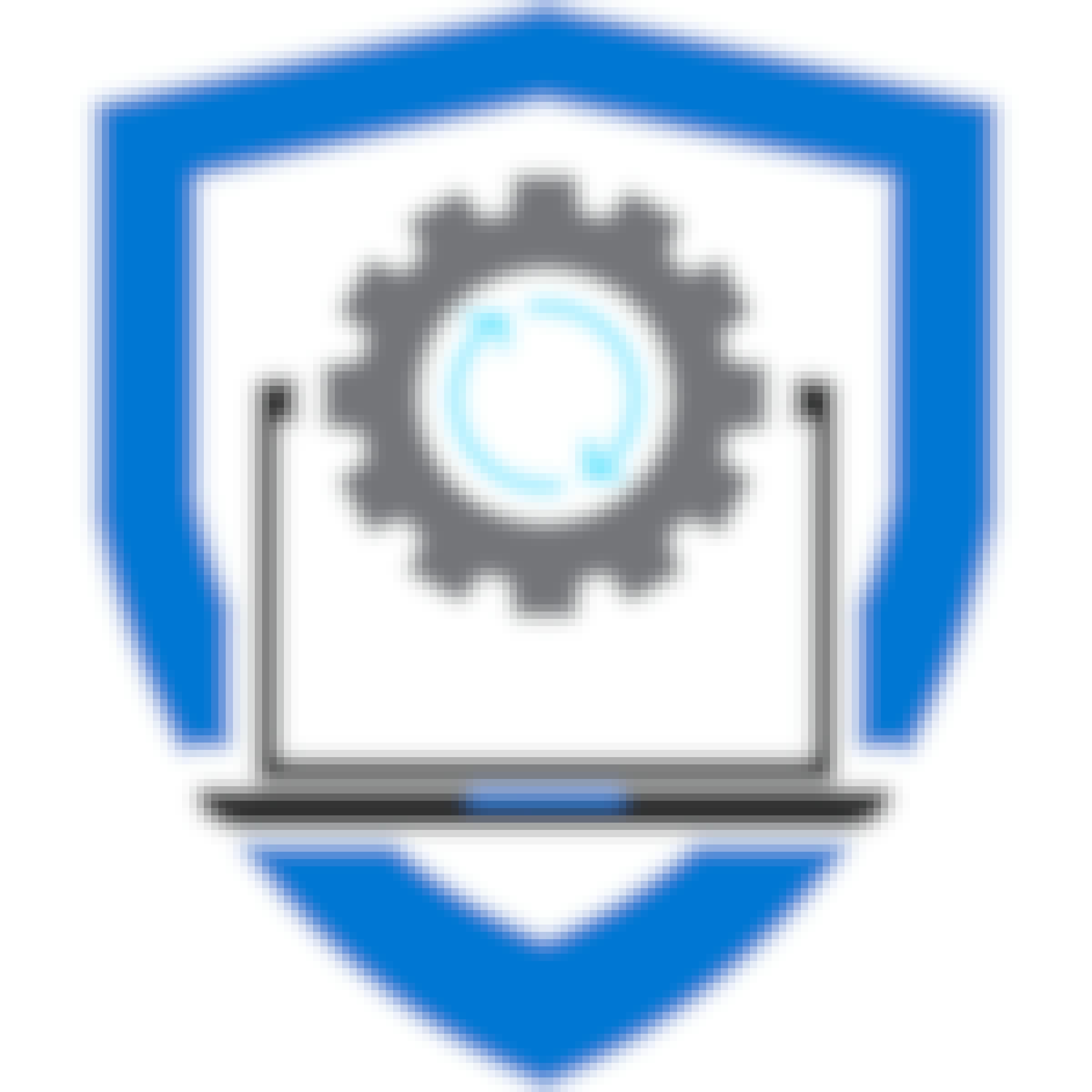 Status: Free Trial
Status: Free TrialSkills you'll gain: Computer Systems, Operating Systems, Generative AI, Business Systems, Cybersecurity, Enterprise Security, Servers, Security Awareness, Computer Hardware, Information Systems Security, Computer Architecture, Data Storage, Patch Management, Cloud Computing
Computer Hardware learners also search
In summary, here are 10 of our most popular computer hardware courses
- Introduction to Hardware and Operating Systems: IBM
- Computer Hardware and Software: University of California, Irvine
- Computer Architecture: Princeton University
- Introduction to Computers: Microsoft
- Technical Support Fundamentals: Google
- Foundations of Computer Hardware and Storage: Packt
- Computer Security and Systems Management: University of Colorado System
- VLSI chip design with CPS for Industrial Applications: L&T EduTech
- Fundamentals of Computer Network Security: University of Colorado System
- Introduction to Contemporary Operating Systems and Hardware 1a: Illinois Tech










